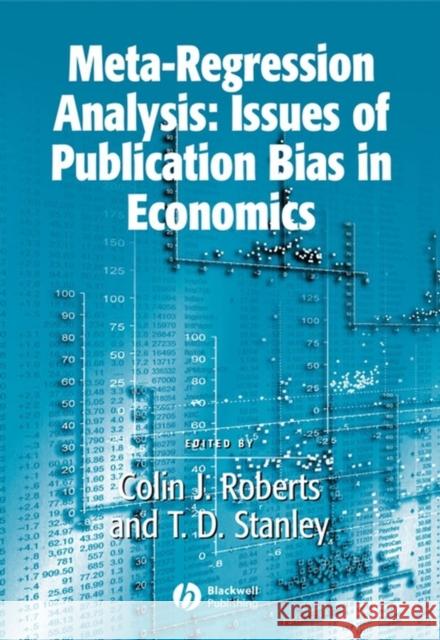Meta-Regression Analysis: Issues of Publication Bias in Economics » książka
topmenu
Meta-Regression Analysis: Issues of Publication Bias in Economics
ISBN-13: 9781405137997 / Angielski / Miękka / 2005 / 256 str.
This volume celebrates the innovative and rapidly growing area of economic research known as meta-regression analysis (MRA).
- Shows how MRA enables researchers to make sense of disparate economic findings on the same subject.
- Develops methods that help researchers to distinguish publication selection from genuine empirical effect.
- Applies these methods to topical areas of economic research including: the effect of immigration on wages, minimum wage on unemployment, and gender on salaries.
- Helps to bridge the gulf between economic theory and practice.
- Written to be accessible to readers with a basic background in empirical economics.











